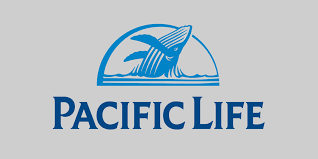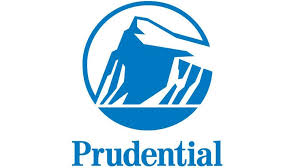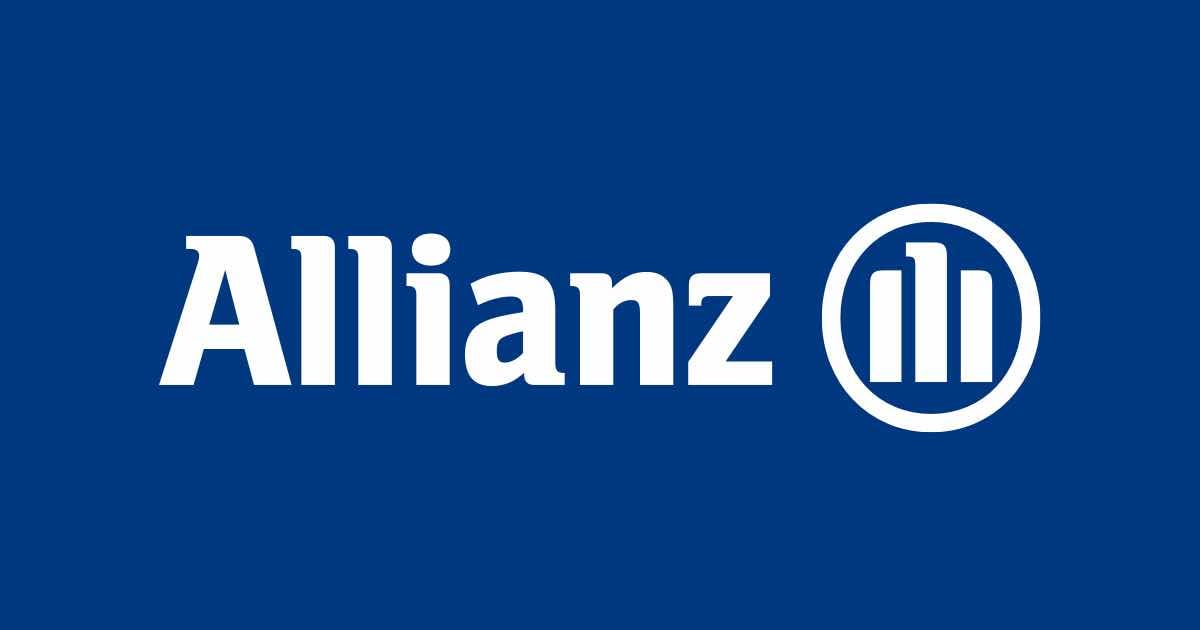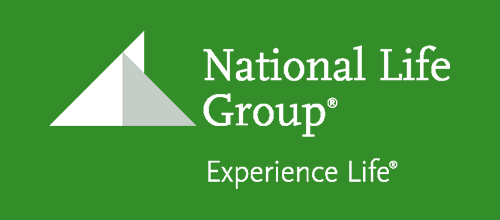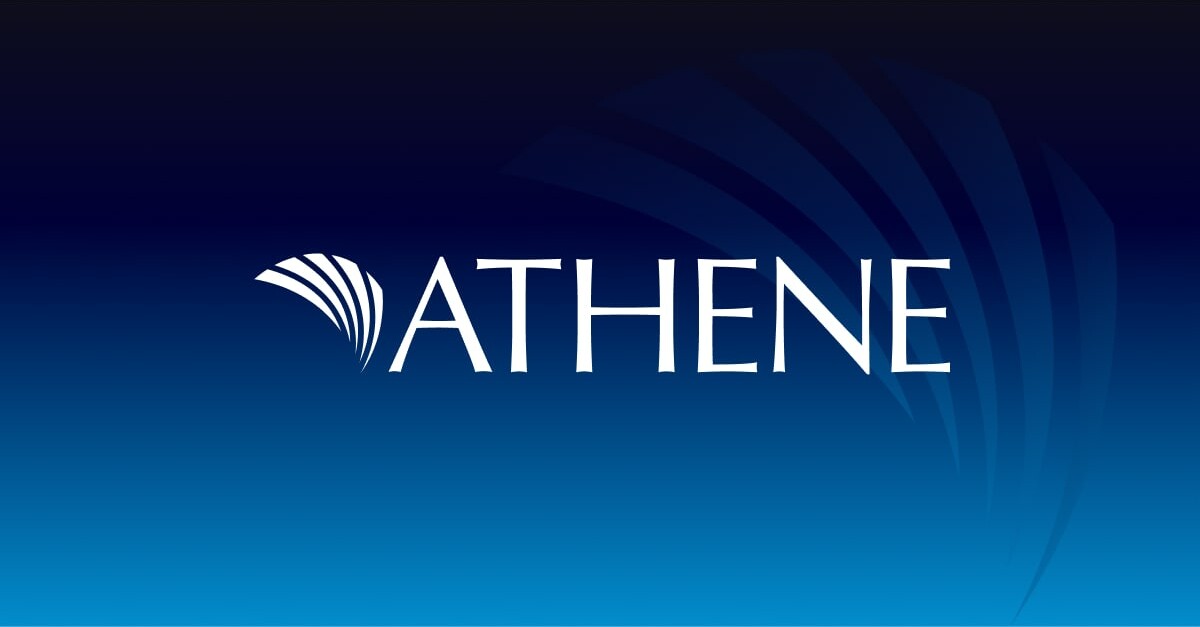Our Services
We help you protect your loved ones, assets, and what matters to you. While protecting, we ensure that your current invested asset is growing as well. We believe in the mission "no family must be left behind."
Index Universal Life
What are the Benefits?
Some key benefits
-
Cash value growth linked to market index.
-
Wealth transfer to your next generation.
-
Living benefits if certain life events occur.
Index Annuities
Why this Product?
Some key benefits
-
Principal protection from market loss.
-
Guaranteed minimum interest or floor rate on your investment.
-
Guaranteed lifetime income.
Trust & Estate
What is Trust & Estate ?
Some key benefits
-
Protect your assets from Probate.
-
Protect your families when you are no longer available.
-
Your directives will be followed by the Legal expert.
Key Principles to be Aware of
-
Avoid Losses
Are you making every effort to avoid or minimize your losses as you are building your wealth.
-
Be aware of Inflation
Is your wealth growing above the average inflation rate?
-
Flexibility
How quickly do you have access to your money in case you need it?
-
Interest Type
Are you using a simple or compound interest building portfolio?
-
Living Benefits
Do you have an account that will protect you in case you fall sick?
-
Probate System
Are your assets protected from Probate when you are no longer around?
Start taking action today on your future
Get all your questions answered by scheduling an appointment with one of our financial professionals.
Frequently asked questions
Get your questions answered beforehand.
What is Index Strategy?
In the context of Index Universal Life (IUL) insurance, the "index strategy" refers to the method used to calculate the interest credited to the cash value component of the policy.
Index Universal Life insurance policies offer a cash value component that grows over time, based on the performance of a selected stock market index, such as the S&P 500. The policyholder has the option to allocate a portion of their premiums or cash value to one or more index strategies offered by the insurance company.
Common index strategies include:
-
Annual Point-to-Point: This strategy credits interest based on the percentage change in the selected index from one policy anniversary to the next. If the index increases during this period, interest is credited, subject to a cap or participation rate. If the index decreases, no interest is credited, but the cash value is protected from market losses.
-
Monthly Average: Interest is credited based on the average monthly performance of the index over a one-year period. This method can provide a smoother return compared to the Annual Point-to-Point strategy.
-
Monthly Point-to-Point: Interest is credited based on the performance of the index from the beginning of the month to the end of the month. This strategy allows for more frequent crediting of interest compared to Annual Point-to-Point, but it may also have caps or participation rates.
-
Fixed Interest Rate: In addition to or instead of index-based strategies, some IUL policies offer a fixed interest rate option where the cash value earns a guaranteed interest rate specified by the insurance company.
Policyholders typically have the flexibility to allocate their premiums or cash value among different index strategies or a fixed interest rate option based on their risk tolerance and investment preferences. It's essential to review the policy's terms, including caps, participation rates, and any fees associated with the index strategies, to understand how interest is applied and how it affects the growth of the cash value within an Index Universal Life policy.
How does Compound Interest work?
Compound interest is a concept in finance where the interest that accrues on a principal amount also earns interest over time. In other words, it's interest on interest. Compound interest can significantly increase the value of an investment or a debt over time.
Here's how compound interest works:
-
Initial Investment or Principal: Compound interest starts with an initial amount of money, often called the principal.
-
Compounding Period: Compound interest is calculated over specific periods, such as daily, monthly, quarterly, or annually. The more frequently interest is compounded, the faster the principal amount grows.
-
Accumulation: At the end of each compounding period, interest is calculated based on the current balance (which includes both the original principal and any previously accrued interest) and added to the principal. This new total becomes the principal amount for the next compounding period.
-
Repeat: This process repeats over time, with the interest continuing to compound on the updated principal amount.
What is Probate and does it Affect You?
Probate is the legal process through which a deceased person's assets are distributed to beneficiaries or heirs and debts are paid off under the supervision of the court. The impact of probate on your assets can vary depending on several factors:
-
Nature of Assets: Probate typically affects assets that are solely owned by the deceased person and do not have a designated beneficiary or joint owner. Assets such as real estate, bank accounts, investments, and personal property that are solely in the deceased person's name may be subject to probate.
-
State Laws: Probate laws vary by state, and some states have streamlined probate procedures for small estates or provide exemptions for certain types of assets. Understanding the probate laws in your state can help you plan your estate to minimize the impact of probate on your assets.
-
Time and Cost: Probate can be time-consuming and expensive. The process can take several months to several years to complete, depending on the complexity of the estate and any disputes that may arise. Court fees, attorney fees, executor fees, and other administrative costs associated with probate can reduce the value of the estate that ultimately passes to beneficiaries.
-
Publicity: Probate proceedings are a matter of public record, which means that information about the deceased person's assets, debts, and beneficiaries becomes accessible to the public. Some people prefer to keep their estate affairs private, which may be a consideration in estate planning.
-
Potential Challenges: During probate, creditors have the opportunity to make claims against the estate to collect outstanding debts owed by the deceased person. If the estate does not have sufficient assets to pay off debts, creditors may seek payment from the deceased person's assets, potentially reducing the amount available for distribution to beneficiaries.
To minimize the impact of probate on your assets, you may consider implementing estate planning strategies such as creating a living trust, designating beneficiaries for accounts and insurance policies, establishing joint ownership of property.
Consulting with an estate planning attorney can help you develop a plan tailored to your specific needs and circumstances.
What is IUL Living Benefits?
Living benefits of Indexed Universal Life (IUL) insurance refer to the features and options within the policy that provide financial benefits to the policyholder during their lifetime, beyond just the death benefit typically associated with life insurance. These living benefits can vary depending on the specific policy and the insurance company offering it, but common features may include:
-
Cash Value Accumulation: Indexed Universal Life policies have a cash value component that grows over time. A portion of the premiums paid by the policyholder goes into this cash value account, which earns interest based on the performance of a selected stock market index, such as the S&P 500. This cash value can be accessed by the policyholder during their lifetime through withdrawals or loans, providing a source of tax-advantaged funds for various purposes.
-
Tax-Deferred Growth: The cash value within an IUL policy grows tax-deferred, meaning that the policyholder does not pay taxes on the earnings within the policy until they are withdrawn. This can provide a tax-efficient way to save for retirement or other financial goals.
-
Flexibility in Premiums and Benefits: Indexed Universal Life policies typically offer flexibility in premium payments, allowing the policyholder to adjust the amount and frequency of premium payments based on their financial situation. Additionally, the death benefit and other policy features can often be customized to meet the policyholder's needs over time.
-
Policy Loans: Policyholders may have the option to take out loans against the cash value of the policy, using the accumulated funds as collateral. These loans typically have lower interest rates compared to traditional bank loans and can be used for a variety of purposes, such as funding education, purchasing a home, or covering unexpected expenses.
-
Accelerated Benefit Riders: Some IUL policies offer accelerated benefit riders that allow the policyholder to access a portion of the death benefit if they are diagnosed with a qualifying terminal illness, chronic illness, or critical illness. This can provide financial assistance to cover medical expenses or other needs during a difficult time.
-
Income Strategies: Certain IUL policies offer optional income riders or features that allow the policyholder to convert the cash value into a guaranteed stream of income during retirement, providing financial security and stability in retirement.
It's important to carefully review the terms and features of an Indexed Universal Life insurance policy to understand how the living benefits work and how they can be utilized to meet your financial goals and needs.
Consulting with a financial advisor or insurance professional can help you determine if an IUL policy is a suitable option for your situation.
What is the Impact of Inflation on your Money?
Inflation is the rate at which the general level of prices for goods and services is rising, and subsequently, purchasing power is falling. It is an economic concept that affects the value of money and the cost of living. Inflation is typically measured by the Consumer Price Index (CPI), which tracks the price changes of a basket of common goods and services over time.
One of the main causes of inflation is an increase in the money supply. When there is more money in circulation, it can lead to an increase in demand for goods and services, which can drive up prices. Additionally, inflation can be influenced by factors such as changes in government policies, supply and demand imbalances, and global economic conditions.
The impact of inflation on your money can be significant. As the general level of prices rises, the purchasing power of your money decreases. This means that the same amount of money will buy you less goods and services over time. For example, if the inflation rate is 2% per year, the cost of goods and services will double in about 36 years.
Therefore, it is important to understand the effects of inflation and take steps to protect your money.
Some of our Partnered Companies


